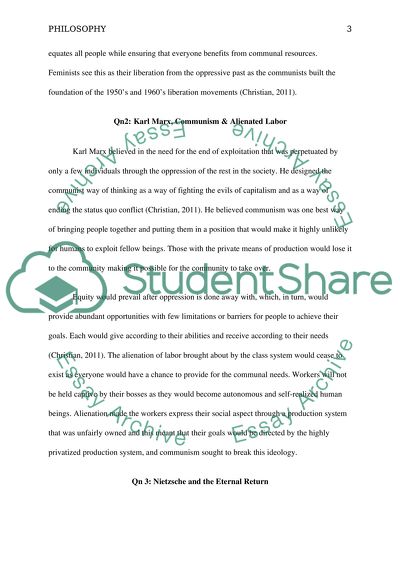Cite this document
(“Summaries Essay Example | Topics and Well Written Essays - 1000 words”, n.d.)
Retrieved de https://studentshare.org/other/1399250-summaries
Retrieved de https://studentshare.org/other/1399250-summaries
(Summaries Essay Example | Topics and Well Written Essays - 1000 Words)
https://studentshare.org/other/1399250-summaries.
https://studentshare.org/other/1399250-summaries.
“Summaries Essay Example | Topics and Well Written Essays - 1000 Words”, n.d. https://studentshare.org/other/1399250-summaries.


